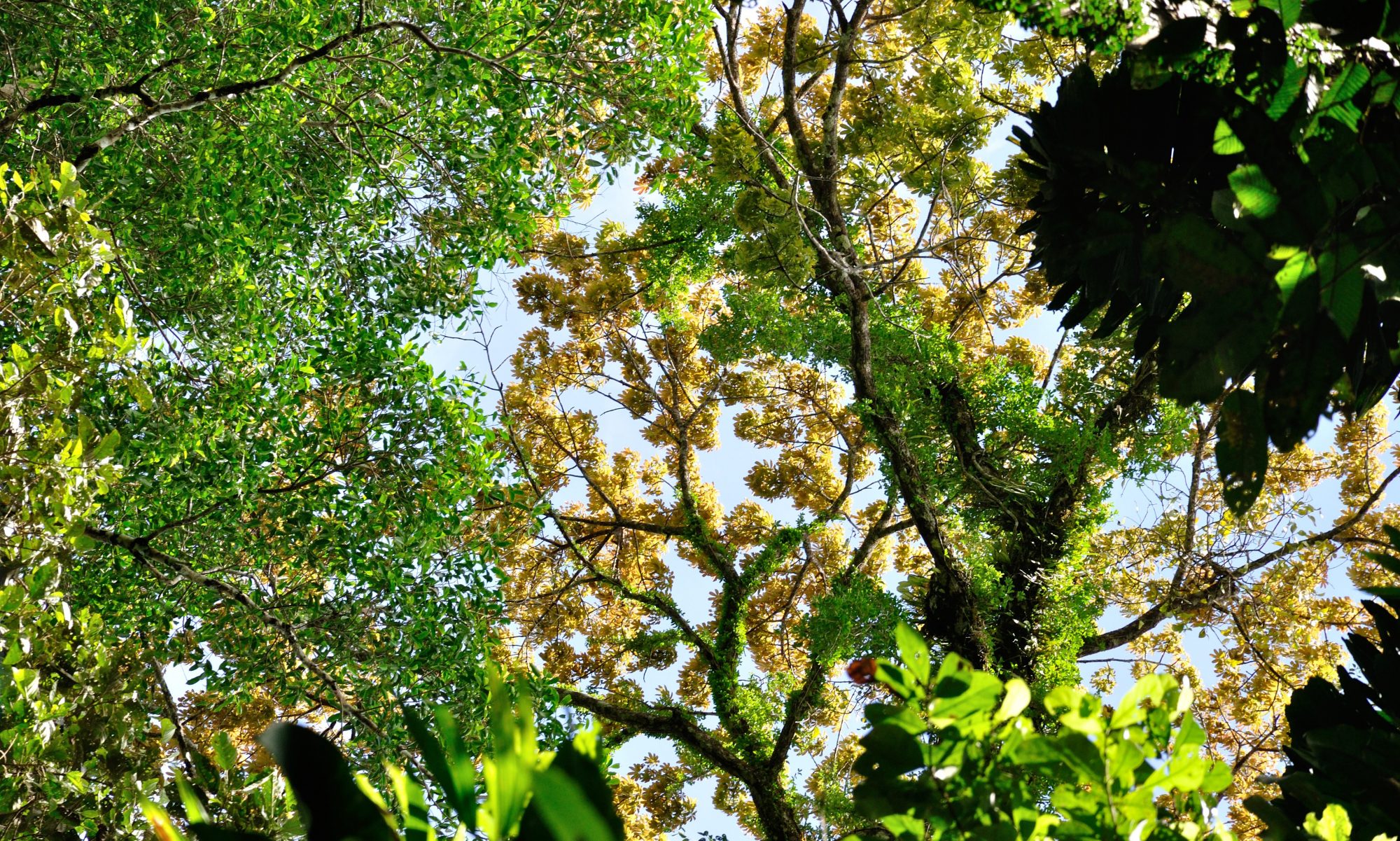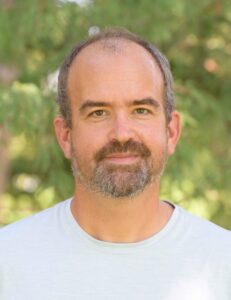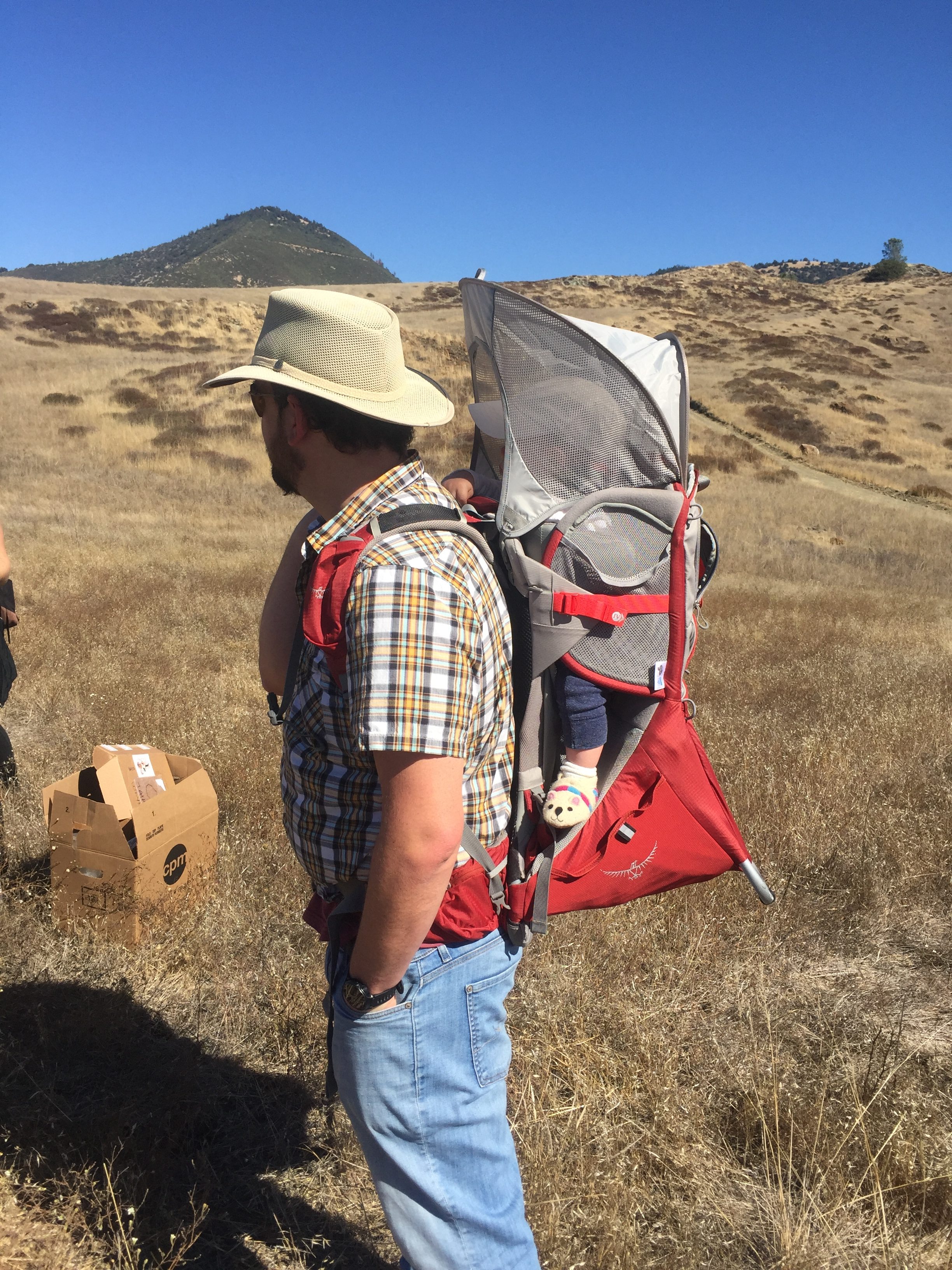The central goal of my research is understanding the processes that generate and maintain diversity in the identity, characteristics, and abundance of organisms that occur together in nature. Within that broad framework of community ecology, I am particularly interested in species coexistence in diverse communities as well as predicting how species and communities will respond to global change. While many avenues exist to address these questions, I am particularly excited by more general answers that emerge from a consideration of the functional ecology and phylogenetic identity of species. In land plants, functional traits provide a powerful way to predict key physiological features of a species in the absence of other information, while patterns of phylogenetic relatedness can provide an additional means to estimate the overall similarity of species. Functional traits and phylogenetic distances can therefore be used as a common currency among species to predict responses and draw generalizations. You can read more about the current research themes in the lab here.
Bioscketch
I grew up running around the woods and mountains of New England, though I went to college first interested in pursuing a degree in comparative literature or religious studies. My interest in ecology as a career was first piqued by a class my freshman year on connections between Buddhism and ecology, and my really cemented during a college semester abroad in Ecuador, when I got my first taste of Amazonian tropical forest diversity during a month stay in Yasuní National Park. I completed my graduate work with David Ackerly at Stanford and later UC Berkeley, studying community assembly patterns in a particularly diverse tropical forest plot in Yasuní near where I had visited as an undergraduate. I then spent several years as a Biodiversity Postdoctoral Fellow at University of British Columbia in Vancouver, before moving to a faculty position, first at University of Maryland, College Park, and more recently at UCLA.
Mentoring Philosophy
My goal as a mentor is to help trainees develop the skills and approaches needed to pursue their individual career goals, recognizing that those goals often evolve over the course of time. I value trainees taking on research topics and questions that they themselves have a strong and sustaining interest in, and I work hard to help trainees identify research topics that they are fascinated by, that can advance our general understanding of ecology, and that are likely to succeed with the time and resources available. I believe that trainees often benefit from a network of mentors serving in different capacities, and I am happy to help trainees cultivate their mentor networks while in my lab. I recognize that mentorship is a skill that can be developed and improved over time, and I have invested in evidence-based mentor training throughout my career. More details about my approach to mentoring can be found on the Join page.
Education
Ph.D. 2008 Integrative Biology, University of California, Berkeley
M.S. 2005 Biological Sciences, Stanford University
A.B. 2001 Biology, Brown University
Key Appointments
2021- present Professor, Ecology and Evolutionary Biology, UCLA
2016- 2021 Associate Professor, Ecology and Evolutionary Biology, UCLA
2012-2015 Assistant Professor, Biology, University of Maryland College Park
2009-2011 Biodiversity Postdoctoral Fellow, University of British Columbia
More info


